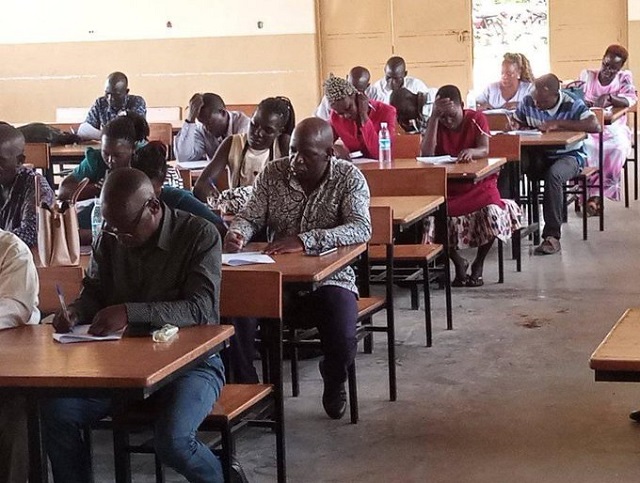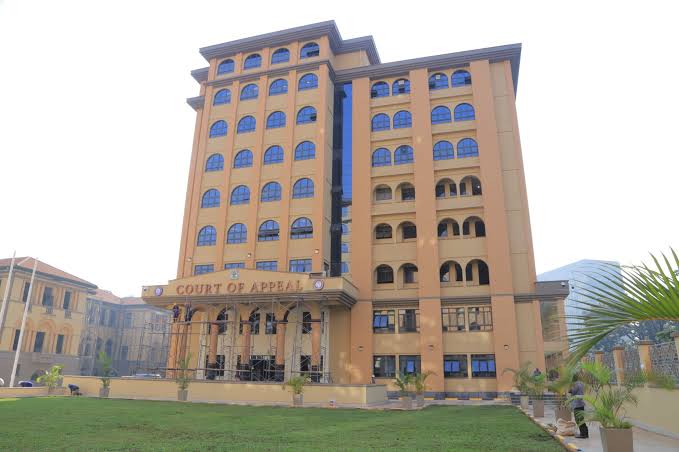Opinion: "Best" schools complaints about 2018 PLE performance more about money than education
My friend graduated law from Makerere University last week. It was an arduous task going through the school of law and deserved no short of a celebration when he’d completed.
We set up a private dinner of friends and parents and after servings of food and drink, we set upon speaking about what it is that we fondly remember and celebrate him for.
Keep Reading
Nearly all speeches zeroed down to – not his academic prowess but – the human aspects of his life. He was praised as caring and loving, he was fondly remembered by some as the ‘music guy’ largely due to his love for music. He was credited for being meticulous in his execution of duties and I thought too, that he was a very loyal friend.
It was strange that at a gathering to celebrate academic prowess, little if nothing, about the nuts and bolts of the law itself and its study were mentioned. It re-ignited the age old question what it is we truly do when we go to school.
We have a had long tradition in our family of studying from traditional schools. Our parents cared less – or maybe not as much – about the academic performance of those schools but dwelled much on the social capital and the personal discipline they inculcated.
It is true that in light of the debate on the performance of ‘big schools’ in PLE exams, it would be right to talk roundly about what it is that a school should offer a child beyond stellar academic results.
Much of Uganda’s education system today is an import from Britain’s long tradition of education. The first schools established in Britain were largely under religious institutions and they served the purpose of indoctrination into religious ideals and creation of a culture of behavior amongst the communities they existed.
As the trade industry developed education changed both in its access and focus. Schools started to churn out products – not of human satiability but for the demands of industry. As a result, grades mattered more. Keep in mind that the term grading actually emerged out of product suitability – good products are grade A and bad products are grade B or Z.
The social aspects of education that included; caring for others, compassion, innovation, agility, cooperation and humility were largely not tested and slowly relegated to the periphery of education.
It is society however that reboots these aspects at speeches in Graduation like the ones we were showering my friend with.
What the grading system provided then was competition for the ‘best product’. The schools which churned out the most ‘best products’ then charged more and quickly created a class system. Class is a very important aspect in human progression. The higher the class, the more likely your chances of success get.
Education is the one aspect that evens that for all men.
So in the thick of the debate on why big schools had a dismal performance, it wasn’t rather a genuine concern for education but a class question on why academic excellence could not be bought with high school fees and social status.
It also underlined the undertones of the colonialism at the heart of our education system that is producing units of labour rather than individuals who can solve community problems.
At more graduations across the country, society will always recall the true essence of education and realize that schools offered the education they wanted and not that which they needed.

















